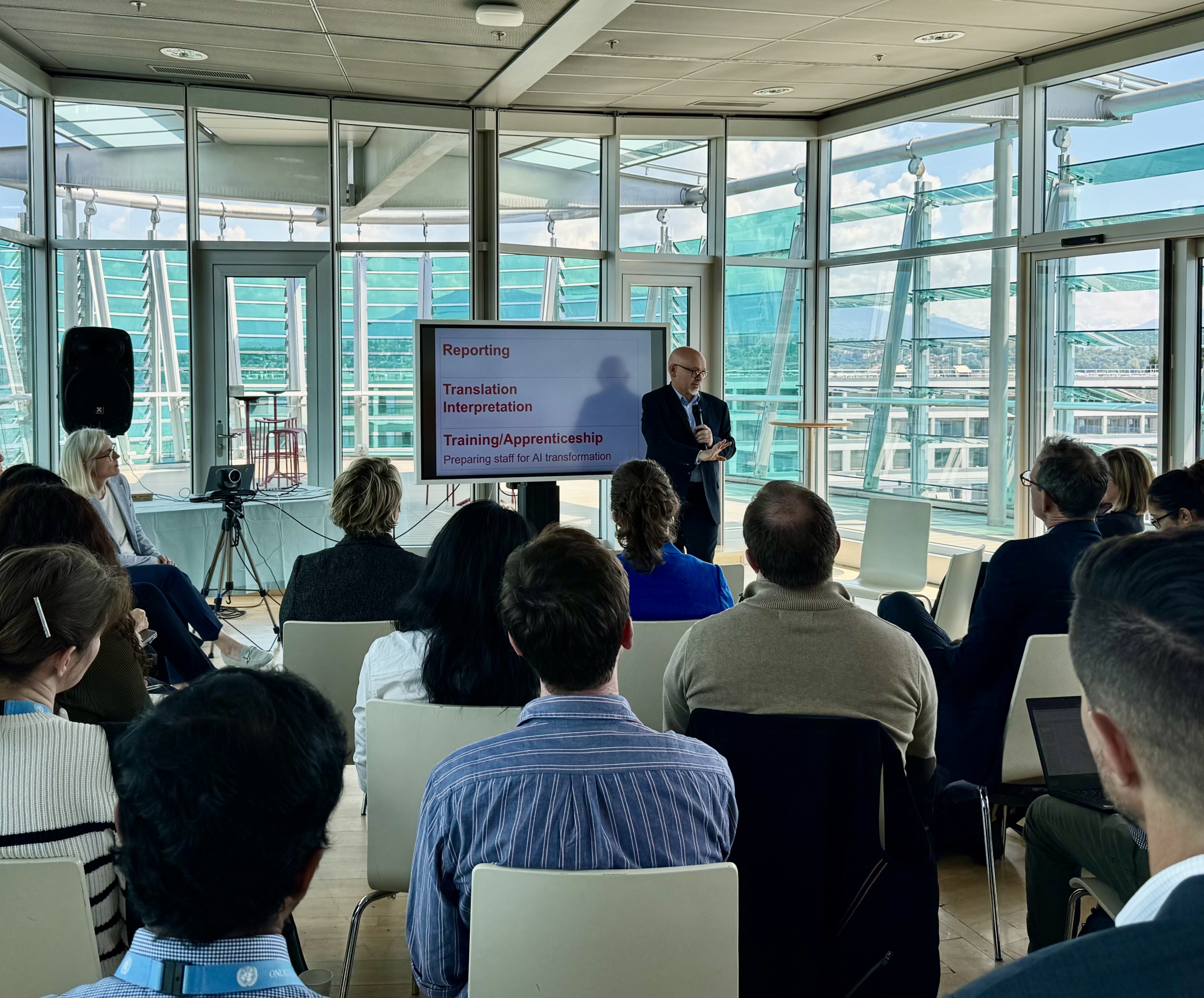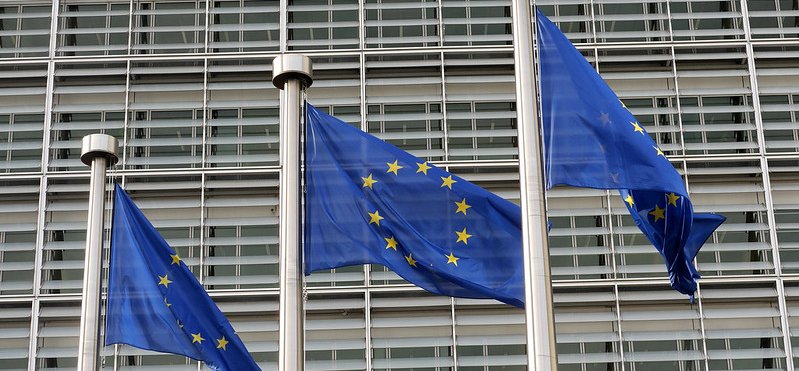The 2026 Adwanted Media Research Awards will feature a new category for Best Use of AI in Research Projects, reflecting the growing importance of this technology in the industry.
Head judge Denise Turner of IPA said AI should be viewed as a tool to expedite workflows, not replace human insight, emphasising that researchers remain essential to interpreting results and posing the right questions.
Route CEO Euan Mackay said AI enables digital twins, synthetic data, and clean-room integrations, shifting researchers’ roles from survey design to auditing and ensuring data integrity in an AI-driven environment.
OMD’s Laura Rowe highlighted AI’s ability to rapidly process raw data, transcribe qualitative research, and extend insights across strategy and planning — provided ethical oversight remains in place.
ITV’s Neil Mortensen called this the start of a ‘gold rush’, urging the industry to use AI to automate tedious tasks while preserving rigorous methods and enabling more time for deep analysis.
Would you like to learn more about AI, tech, and digital diplomacy? If so, ask our Diplo chatbot!










